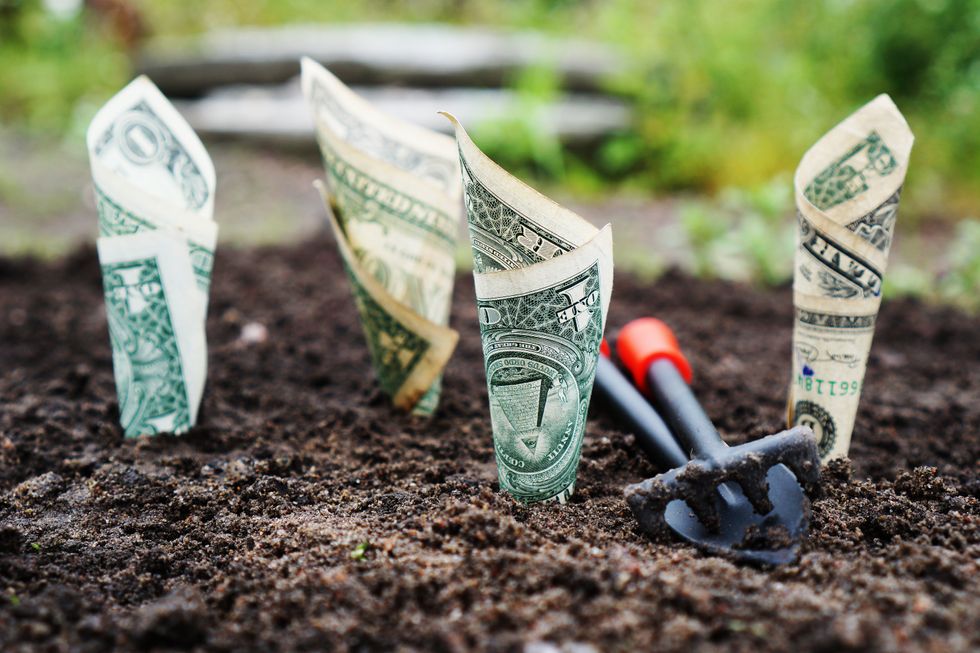To start with, if you wanna argue against food stamps and its benefits for those considered on poverty level, then please read through this whole article and hold back your judgments until the end. Let's start with a quick summary of the history behind the poverty line itself. Just to be clear, the poverty line itself is used for determining your eligibility for certain programs and benefits. Mollie Orchansky of the Social Security Administration first established poverty thresholds during 1963-1964. Hers was based on an economy food plan, made by the Agriculture Department, which was the cheapest and was meant for emergency situations instead of long-term reliance. She presented 48 different baselines for poverty but took out factoring a wage gap by averaging men and women's salaries. These thresholds are evaluated each year by the Census Burea. These numbers are mainly used to predict what the poverty rate will be along with other variables. She believed people would spend one third on food but looking into costs today we spend a majority of our paycheck on housing and other necessary expenses such as wifi.
Looking at how far you can stretch minimum wage now to how far it could in the 1950s is astonishing. We as a general population refuse to believe that minimum wage jobs could ever be used as a primary source of income. Although, many citizens are forced to take second if not third jobs to survive. Federal minimum wage is $7.25 an hour but many states have increased their own wages indicating that the general populace needs more than that preset number. Looking into what our actual minimum wage should be with inflation added we'd be heading into work at $10.55 an hour in 2012. If we had continued to update the minimum wage in line with our production rates we would be making $21.16 per hour. The highest recorded minimum wage in the US is in Washington at $11.50 an hour. For rent, these individuals pay a range of $1,656 for a studio apartment, to a three bedroom at $2,576. Working 40 hours a week for 6 holidays and 15 vacation days per year they'll make $1,832 per month just barely making rent for the studio.
Furthermore, when we look into the actual numbers side of things the Census Burea had set 2017 the poverty line for a single individual at 12,572 under the age of 65. Meaning that if they worked 40 hours a week they would make $6.13 an hour. If you make the bare minimum of $7.25 an hour they only way you could be eligible for any poverty level benefits is if you worked part-time. In a survey taken from 1990 to 2017, We can see that part-time employment took a huge jump from 20.13 million to 27.37 million. Thes stats most likely ignore including workers who work for tips which is a mistake. While the unemployment rate has dropped, they lack in including the difference between a part and full-time employment for their statistics. In essence, they are putting a band-aid on a wound that needs stitches to convince themselves they don't need to go to the hospital.
There's a common belief that people working minimum wage jobs are unskilled and that these positions should be held by people working their way up in the world. Such as highschool and college age indiviguals but instead, we find father and mothers just trying to feed their children. Without them, we wouldn't be able to have the kind of lifestyle we do. So why do they deserve to dangle at the bottom of the food chain?






 The minimum wage is not a living wage.
StableDiffusion
The minimum wage is not a living wage.
StableDiffusion
 influential nations
StableDiffusion
influential nations
StableDiffusion












